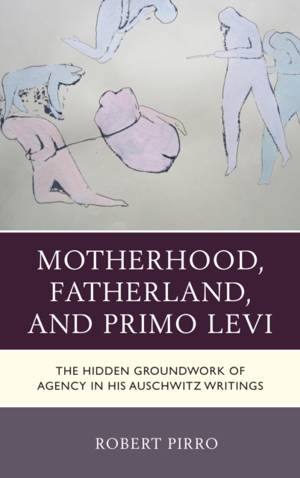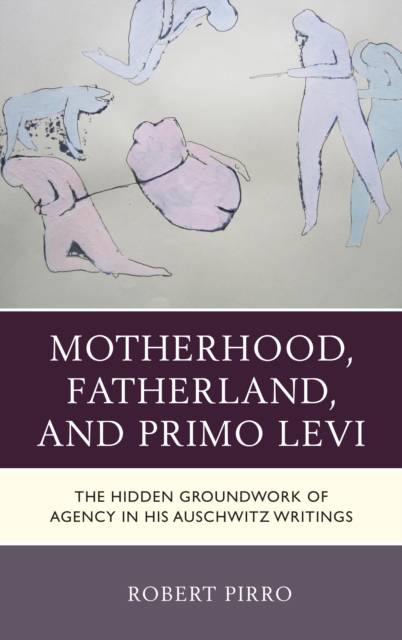
- Retrait gratuit dans votre magasin Club
- 7.000.000 titres dans notre catalogue
- Payer en toute sécurité
- Toujours un magasin près de chez vous
- Retrait gratuit dans votre magasin Club
- 7.000.0000 titres dans notre catalogue
- Payer en toute sécurité
- Toujours un magasin près de chez vous
Motherhood, Fatherland, and Primo Levi
The Hidden Groundwork of Agency in His Auschwitz Writings
Robert Pirro
71,95 €
+ 143 points
Format
Description
The book is an against-the-grain study of Primo Levi's lifelong concerns about agency, both personal and political. It moves from fresh readings of his lesser-known short story and novels to a major reinterpretation of the testimonial works at the center of his legacy.
Spécifications
Parties prenantes
- Auteur(s) :
- Editeur:
Contenu
- Nombre de pages :
- 172
- Langue:
- Anglais
- Collection :
Caractéristiques
- EAN:
- 9781683930877
- Date de parution :
- 23-05-19
- Format:
- Livre broché
- Format numérique:
- Trade paperback (VS)
- Dimensions :
- 152 mm x 229 mm
- Poids :
- 258 g

Les avis
Nous publions uniquement les avis qui respectent les conditions requises. Consultez nos conditions pour les avis.






